
Its definition can vary depending on the city’s level of sustainable development, resources, and infrastructure. A Smart City in the U.S., for example, may differ from a Smart City in Spain.
Regardless of location, a Smart City is developed by leveraging data, digital technology, and existing wireless devices and infrastructure to improve its residents’ quality of life.
Smart Cities integrate digital intelligence into an existing urban environment, essentially helping people do more with less. Connected applications provide users real-time information, which allows them to make better or more informed choices.
These tools and applications can help save time, reduce waste, regulate traffic, prevent crime, and boost social connectedness. Below, we’ll look at characteristics that define a Smart City: Is your City on pace to become the next Smart City?
Defining a Smart City
Why do cities become Smart Cities?
Becoming a Smart City is not a goal but rather, a means to an end. By leveraging real-time data and city technology to optimize existing resources and infrastructure, a Smart City initiative can respond more efficiently to the needs of its residents.
The world’s population continues to grow, leading to overcrowding in some of the world’s largest cities, such as Tokyo, London, and New York City. As a result, megacities are integrating Smart technology to address urbanization and mobility, while promoting social, economic, and environmental sustainability.
For example, Smart City parking solutions, such as meters and vehicle sensors streamline sustainable operations and automate infrastructure systems, and smartphones can provide guidance to available and open parking spaces, hence reducing t traffic congestion. Smartphones also play a role in alerting residents with important and real-time transit, health services, safety, and community news.
Smart technology, then, allows cities to improve key quality-of-life factors, such as lives saved, reduced crime, shorter commutes, and reduction in carbon emissions. More importantly, Smart City services can monitor events in real-time, allowing administrators to use valuable data and analytics that help drive City policy.
Today’s Leading Smart Cities: From Small Town to Big Metropolis
Seattle, WA
In Seattle, big data drives innovation, improving both the quality of life of its citizens and economic productivity. Smart Meter technology creates new opportunities to reduce greenhouse gases, foster economic growth, and make local governments more open, responsive, and efficient.
Parking administrators use data analytics to adjust demand-based pricing, hours of paid parking, and time limits to manage parking demand by area and time of day to ensure the curbside is well utilized, thereby improving access to businesses and activities for everyone.
As a result, motorists spend less time looking for parking, leading to increased turnover, decreased traffic congestion, and a smaller carbon footprint.
Rapid City, SD
Beginning in the summer of 2019, Rapid City began its transition to becoming a Smart City through the implementation of the IPS Group Smart Parking management program that included Smart Meters, a mobile parking app, and a cloud-based, integrated enforcement system.
Patrons can now easily pay for parking via contactless payment (such as a smartwatch or smartphone), and through traditional methods such as coins or credit cards. They can also access the IPS PARK SMARTER™ mobile parking app to find available spaces, pay for parking, or extend their parking time remotely, creating a convenient parking experience.
Parking administrators can seamlessly access big data to set rates, integrate meters, and manage enforcement efforts more efficiently.
Columbus, OH
In its quest to stand out as one of America’s most innovative cities, the City of Columbus has leveraged Smart City technology trends to enhance customer service, provide mobility alternatives, and more effectively manage parking demand.
One of the most successful and popular enhancements to the City’s parking and transportation program was the introduction of credit card-enabled Smart Parking Meters from IPS Group. Since deploying the new meters, credit card usage accounts for 40% of all meter transactions. Downtown businesses and visitors welcomed the new meters as they created a more convenient parking experience for patrons and contribute to the city’s mission to provide accessible, equitable, and predictable parking and mobility options.
Los Angeles, CA
An early adopter and leader of Smart City solutions, Los Angeles has teamed up with tech companies and universities to help decrease congestion, improve city services, and facilitate waste management.
The city leaders partnered with Smart Parking leader IPS Group in using IPS Smart Parking meters as one of the elements of the LA Express Park program a program that fused digital technology and demand-based pricing into an innovative parking management strategy that can help decrease emissions, alleviate traffic congestion, and improve the user experience.
The LA Express Park program is aimed at improving parking availability and reducing congestion using demand-based pricing to adjust pricing and time limits based on actual occupancy. Based on occupancy patterns derived from the parking meter and vehicle sensors, LA Express Park can recommend time-of-day rate changes to meet the city’s goals of optimizing demand or ensuring every parking area is well used, but still contains available spaces during peak periods.
The program was first introduced in downtown Los Angeles in 2012 and has expanded to include Westwood, Hollywood, and Venice neighborhoods to address the high demand for parking and increased congestion due to growing levels of retail and entertainment activity.
Is Your City on the Smart Cities List?
Becoming a Smart City doesn’t happen overnight.
To get there, city leaders must allow their agencies freedom to explore innovation—hiring tech-savvy employees, incorporating pilot programs, engaging innovative, industry-leading vendors, establishing cross-disciplinary Smart City units—and provide transparency to its residents about its Smart City development along the away.
Cities must also adjust their current offerings to meet Smart City needs, by adapting existing product and service channels that cater to an ever-changing urban market. For example, drugstore chains that can provide telemedicine services, or real estate developers who can integrate automation systems and mobility options into their properties.
It is also important for cities to consider the prospect of autonomous vehicles. While not yet a common sight on the road, carmakers today are already adding features such as real-time road navigation and Smart Parking to current generations of vehicles.
IPS Group, in collaboration with Honda and Visa, introduced an end-to-end, in-vehicle mobile payment parking solution that eliminates the hassle of digging for change or leaving the vehicle to feed the meter.
Drivers can experience the simplicity and convenience of paying for parking from the safety and comfort of their vehicles. With full control at their fingertips, drivers complete the entire process using the in-vehicle dashboard with just the touch of a button.
For cities facing big infrastructure challenges, implementing Smart City technology can help administrators make data-driven decisions that result in more effective city planning. This results in a higher quality of life for everyone involved—from air quality and citizen safety to sustainability, health, and social connectedness.
Discover how IPS Group can help your city become the Smart City of the future through innovative Smart Parking technology: From Smart Meters and vehicle detection sensors to custom enforcement and permitting solutions, by scheduling a product demo today. Click here to schedule a virtual demo or Q&A session with a Smart Parking expert.
Products & Solutions
FULLY INTEGRATED SMART PARKING ECOSYSTEM
Complete parking resource planning, management, and data-driven decision-making power…
SINGLE-SPACE & SENSORS
Creators of the first smart Single-Space Parking Meter.Continual innovation ensures IPS meters are still unmatched…
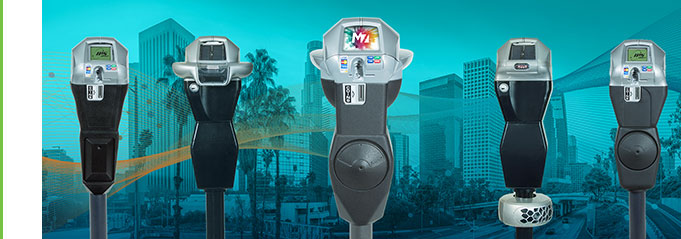
MULTI-SPACE
Unparalleled efficiency and the most flexible user experience of any multi-space meters on the market..
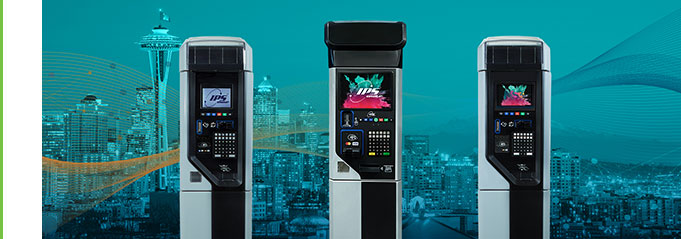
PARKING MANAGEMENT SYSTEM
Measure user trends, drive demand-based pricing, and seamlessly integrate your entire parking network…
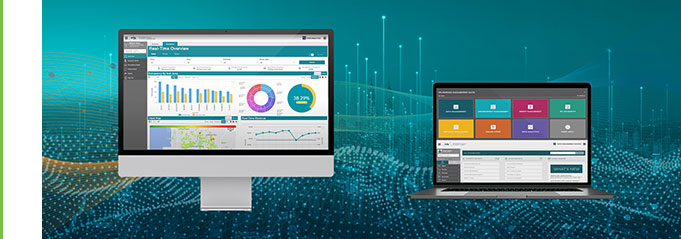
ENFORCEMENT MANAGEMENT
IPS helps you manage citation administration from issuance to collections using real-time technology and dedicated customer service resources…
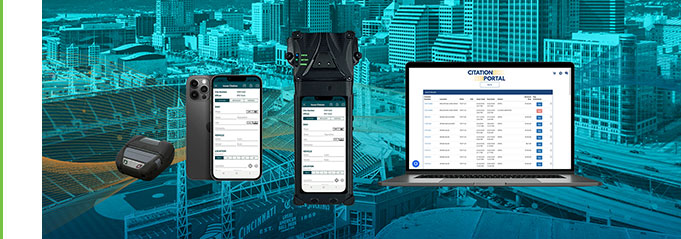
PERMIT MANAGEMENT
Full lifecycle permitting with custom customer-facing website to select, pay, and manage permits…
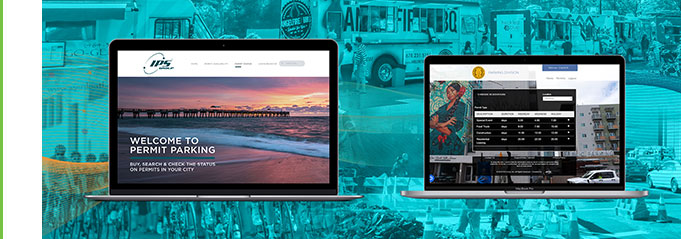
Apps and Services
DIGITAL PAYMENTS PLATFORM
Manage the parking experience on a smartphone

THIRD PARTY INTEGRATION
Streamline operations, improve efficiencies
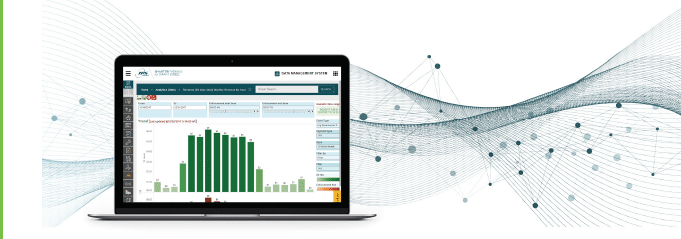
PAYMENT PROCESSING
Saving IPS clients thousands of dollars per month

DMV DATA SERVICES
Compliant Registered Owner data retrieval
Smart Cities
Higher Education
MUNICIPALITIES
Smart Parking is a critical facet of Smart Cities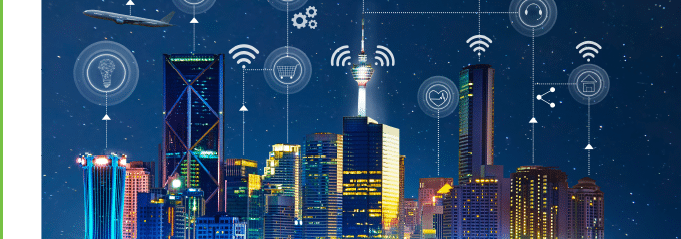
HIGHER ED SMART PARKING
Comprehensive campus parking solutions
Resources
BROCHURES
More information on our products, apps, and services.
CUSTOMER STORIES
Real customers, real success stories.
VIDEOS
Got a minute? These videos will change the way you see parking.
FAQs
Quick answers to common questions…
COOPERATIVE PURCHASING
Streamline your procurement process through a cooperative purchasing program…
Newsroom
NEWS
When IPS hits local and national news…
BLOG
The latest smart parking updates…
PRESS RELEASES
What’s new and coming soon for IPS Group…

Company
COMPANY PROFILE

PATENTS

EVENTS

AWARDS

PCI CERTIFICATION & COMPLIANCE

SUSTAINABILITY INITIATIVES

CAREERS

